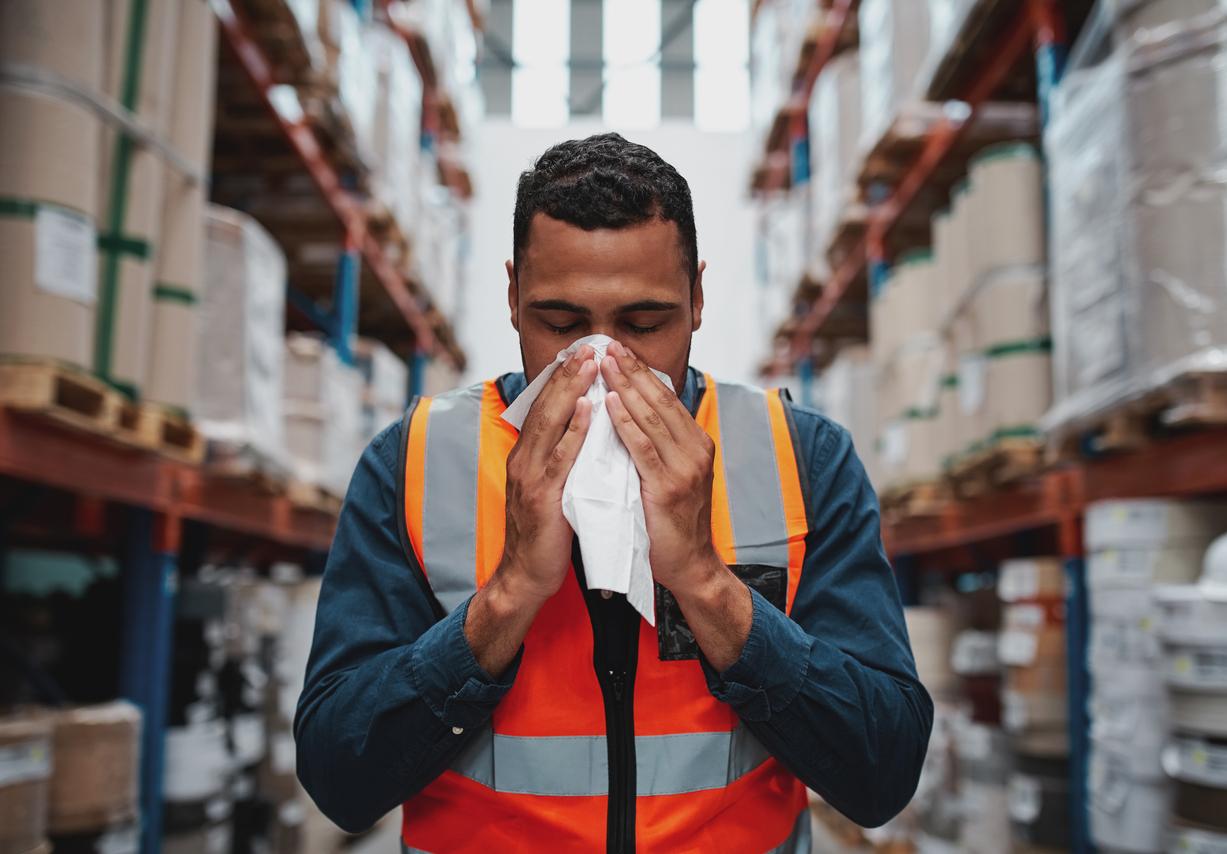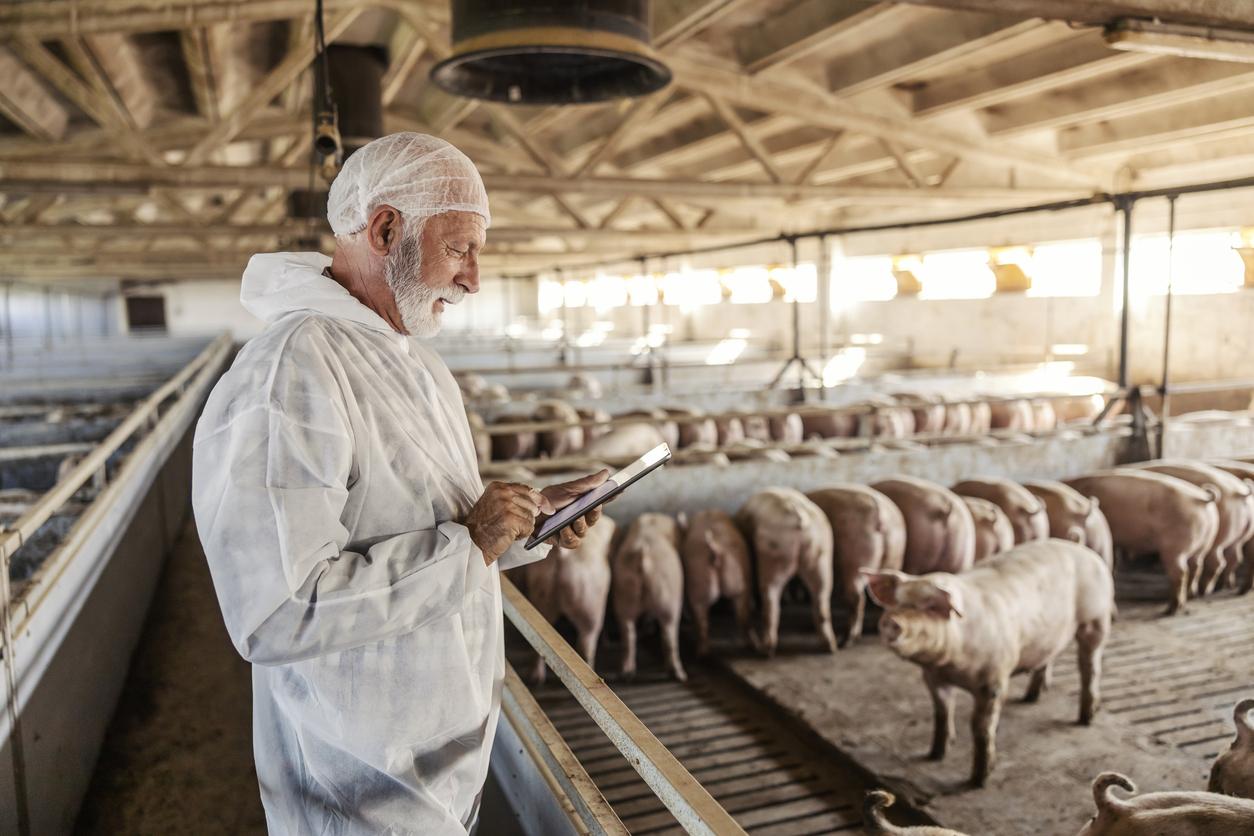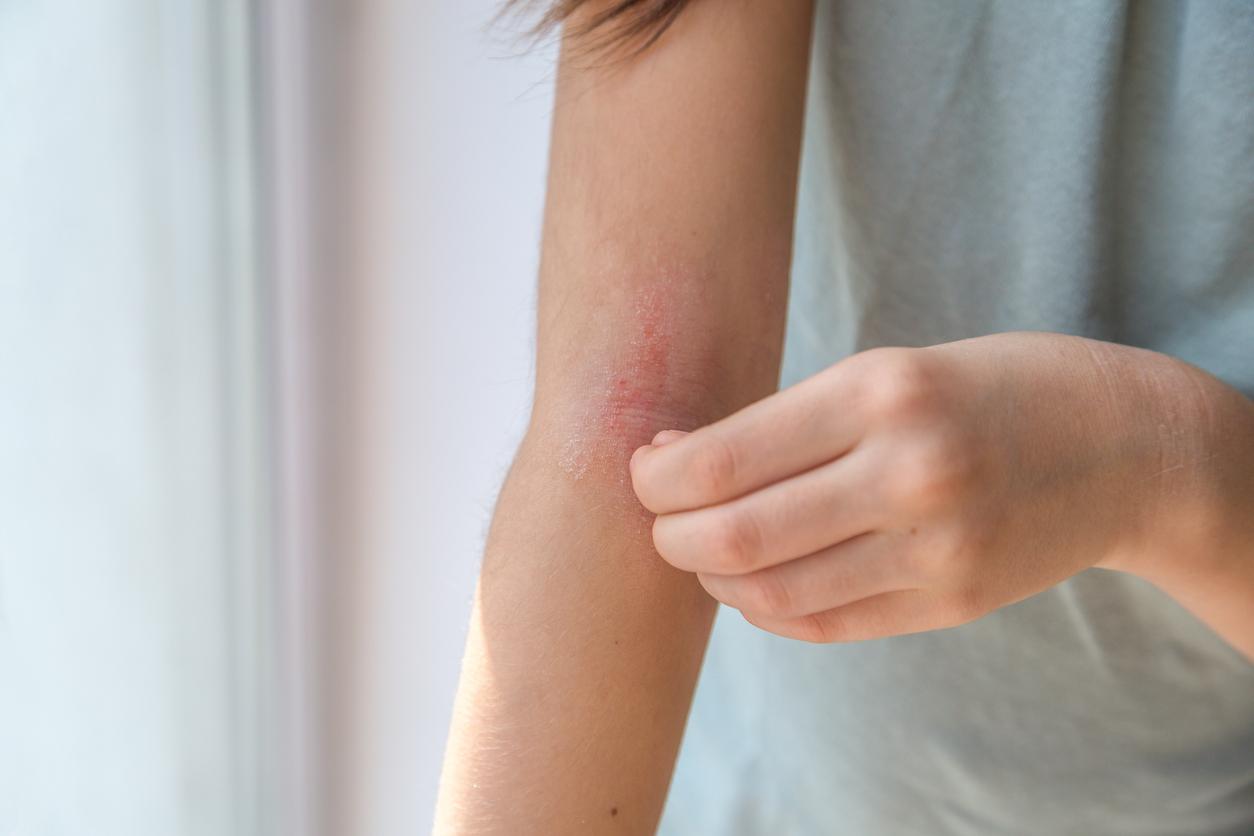Working in sewers poses health risks. Cancers, suicides, respiratory diseases affect this profession more.

Clean your sink to avoid clogging, a simple gesture that we all do. But it is also necessary to clean the sewers where wastewater collects, and this job is not without risks. A report from the National Agency for Food, Environmental and Occupational Health Safety (ANSES) highlights the effects of the profession on the health of sewer workers. Inhalation of gases, vapors and aerosols or contact with the skin and mucous membranes: sources of contamination by chemical and biological agents are numerous in the sewer system. Among them, compounds that cause cancer and genetic mutations or that affect fertility, reports the Agency.
The most common symptoms are digestive and respiratory. The nose, throat, but also the skin can be irritated. These underground workers are more often confronted with infectious pathologies but these are rarely fatal. In addition to these physical ailments, sewer workers can suffer from the devaluation of their profession, the weakening of work groups and the anxiety-provoking dimension of their profession.
The confined environment promotes exposure
Already in 2004, ANSES had demonstrated excess mortality among sewer workers, with an increased risk of suicides, cancers and digestive diseases. The agency therefore continued its research with a campaign of individual measurements to determine the origin of these effects. The confined atmosphere and the lack of air renewal in the network expose to a greater concentration of pollutants in the air and in the water compared to the outside.
Even if the values recorded remain on average lower than the occupational exposure limit values, or the toxicological reference values, an effect is possible by exposure to several products at the same time. A sort of cocktail effect when products, inert when isolated, develop effects if they are associated with each other. Peaks in pollutants also represent a risk for employees.
Protect and raise awareness
To protect these professionals, ANSES recommends improving their training and medical monitoring. From a technical point of view, it is necessary to optimize the ventilation, to further mechanize the tasks and to map the risks on the network. Action can also be taken with the general population to remind people that the sewer system is not intended to receive all waste. Awareness campaigns could specify good practices and reduce exposure. The question arises, however, of climate change which should make it necessary to review the sanitation of agglomerations, and represent a new challenge in the protection of sewer workers.
.














